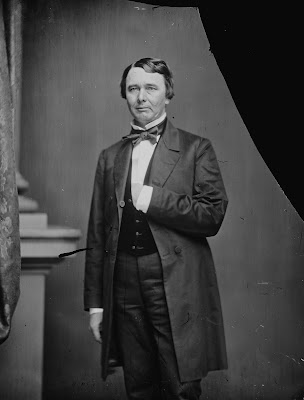I remember when Dr Keitt was murdered by his negroes. Mr Miles met me and told the dreadful story.
'Very awkward, this sort of thing. There goes Keitt, in the house always declaiming about the "beneficent institution." How now?'
Horrible beyond words.
Her household negroes were so insolent, so pampered and insubordinate, that she lived alone and at home. She knew, she said, that none of her children would have the patience she had with these people who had been indulged and spoiled by her until they were like spoiled children. Simply intolerable.
Mr Chesnut and David Williams have gone over at once." ...
24 September 1861
"Hitherto I have never thought of being afraid of negroes. I had never injured any of them. Why should they want to hurt me? Two-thirds of my religion consists in trying to be good to negroes because they are so in my power, and it would be so easy to be the other thing. Somehow today I feel that the ground is cut away from under my feet. Why should they treat me any better than they have done Cousin Betsey Witherspoon?"*Elizabeth Boykin "Betsey" Witherspoon was the widow of John Dick Witherspoon, a wealthy planter, lawyer, and state legislator of Darlington District, South Carolina. She was a first cousin of Mary Boykin Chesnut's mother, as well as mother-in-law of a niece of M.B.C.'s husband James Chesnut, Jr.







